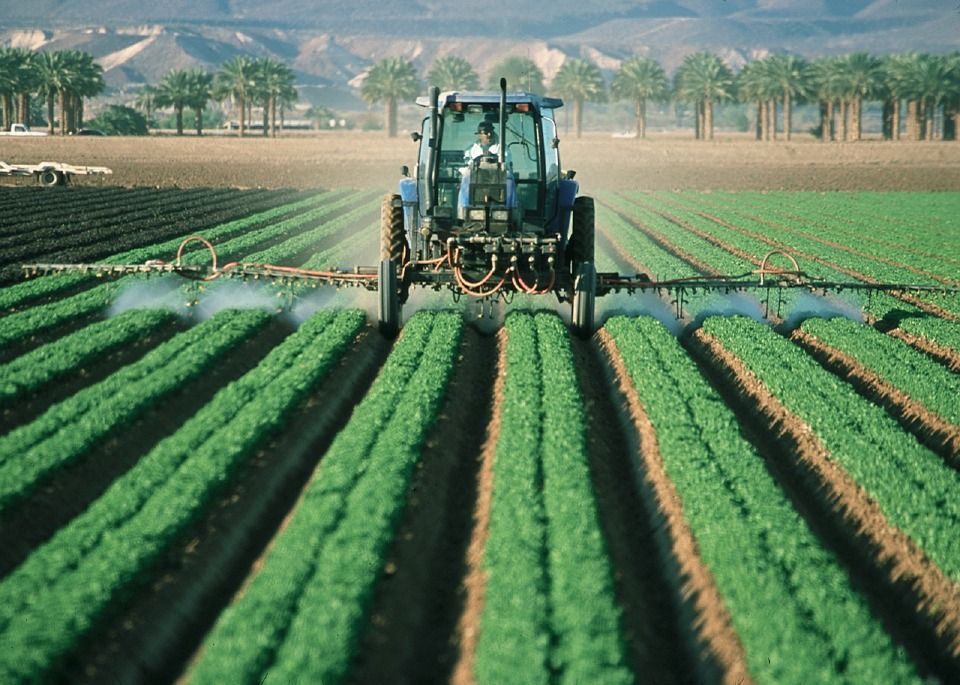Denmark’s agriculture sector has come under heavy fire following revelations that it has failed miserably in its pledge from 2015 to reduce nitrate quantities.
As part of the agriculture package from four years ago, Danish agriculture promised to reduce its use of nitrates – a major constituent in fertilisers – by 1,451 tonnes, but so far it has managed only a paltry 12 tonnes.
“I can tell you I was shouting pretty loudly when I heard the figures – and there were lots of colourful words involved,” Jakob Ellemann-Jensen, the food and environment minister, told Berlingske newspaper.
“And that’s probably an expression of the frustration and disappointment I felt in regard to how the sector has delivered.”
READ MORE: Eva Kjer Hansen resigns as food and agriculture minister
Hansen’s howler
The agriculture target from 2015, a goal that the sector volunteered to reach, stipulated the industry would reduce its nitrate use by 1,451 tonnes annually by 2019 and by 2,907 tonnes from 2021 and onwards.
The green pledge was part of the agriculture package of 2015, a controversial effort that ended up costing Eva Kjer Hansen her position as the food and environment minister at the time, because the package was deemed to not be environmentally-friendly enough, with Hansen providing false information to Parliament.
It turns out that detractors at the time were right.
“This is far, far below what was suggested. It’s under 1 percent of what they have expected of the collective efforts for 2018,” Jens Borum, an associate professor at the Department of Biology at the University of Copenhagen, told Berlignske.
“We know that nitrates cause algae to thrive, poor visibility in water, hamper the spread of marine plants and in a worst case scenario, the death of fish and oxygen depletion. And we know we must limit quantities quite significantly.”
READ MORE: Abandoned ships in Copenhagen Harbour becoming a headache
Shipwrecks shortlisted
In related news, the Food and Environment Ministry has signed a deal with Copenhagen Municipality regarding the clearing up of the unsightly shipwrecks in the Erdkehlgraven area in Copenhagen Harbour.
The new agreement means that there is financing in place to clear the wrecks, should the owners not be able to do so themselves. The ministry has forked out 15 of the 25 million kroner needed to clear the area.
Many of the wrecks were brought to Erdkehlgraven – located between Christiania and Holmen – by people living on the fringes of society who wanted a free, floating community to call their own.
READ MORE: Denmark to squish toxic toy problem
Tough in toy story
Following a rash of cases involving toxic toys being sold in Denmark, a new law comes into effect today that means more stringent punishment for those who sell toys that contain illegal chemicals.
From now on, it will be easier to report companies to the police that sell and distribute illicit toys.
Before companies could only be reported if they had been found to purposely breech the law, but the rules now also allows for the punishment of importers and producers do so by accident.














